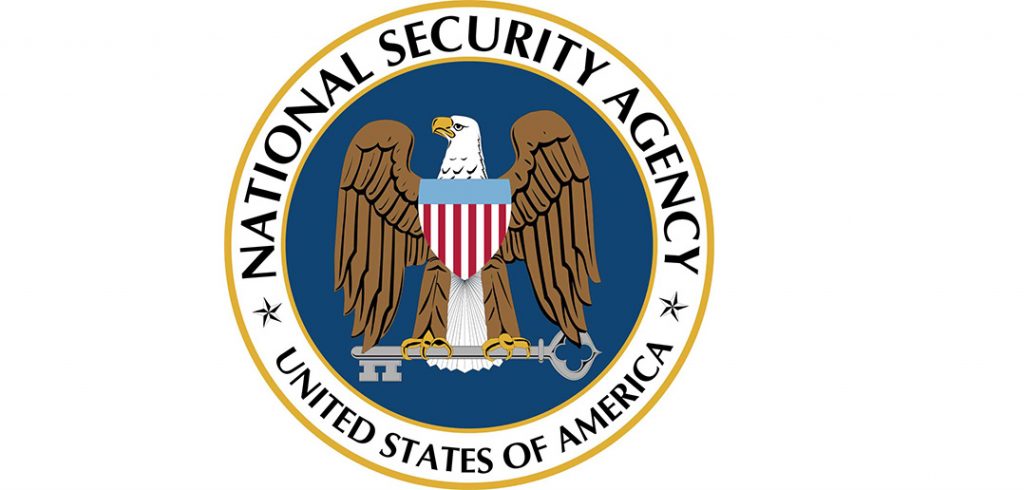Fordham University has been awarded a federal grant of $270,000 from the National Security Agency (NSA) in the area of cybersecurity education. The title of the grant is Cybersecurity Workforce Education and the principal investigator is Thaier Hayajneh, Ph.D., the director of the Fordham Center for Cybersecurity (FCC).
The grant will help expand the quality and quantity of the national cybersecurity workforce, said Hayajneh. One of the main challenging issues in educating cybersecurity professionals is the availability of affordable and advanced hands-on experiments that can be integrated into cybersecurity curriculum. This grant will address this issue by designing affordable and advanced hands-on experiments for key challenging Knowledge Units for Centers of Academic Excellence in Cyber Defense Education (CAE-CDE)/ CAE-2Y and CAE-CO.
An additional central goal is to design the lab environment and the hands-on experiences to be easily replicated and adopted by other designated CAE-C institutions and other cybersecurity institutions.
The FCC was established with three primary goals: to manage, lead, and advance cybersecurity through educational programs, research, grant work, events, and community outreach.
“We are now starting to see the fruit of the support the FCC has received from the administration, faculty, and students,” said Hayajneh, who is also an associate professor in the Department of Computer and Information Science at Fordham. “I would like to think of this as a great first step for many more grants to come.”
This latest NSA grant exemplifies Fordham’s developing expertise in the cybersecurity field, said Eva Badowska, Ph.D., dean of the Graduate School of Arts and Sciences (GSAS). The University offers an interdisciplinary master’s in cybersecurity through GSAS and other cyber-related disciplines and departments within the Gabelli School of Business’ Center for Digital Transformation, Fordham Law’s Center on Law and Information Policy, and the FCC.
The NSA designated Fordham as a National Center of Academic Excellence in Cyber Defense Education (CAE-CDE) in March 2017.


